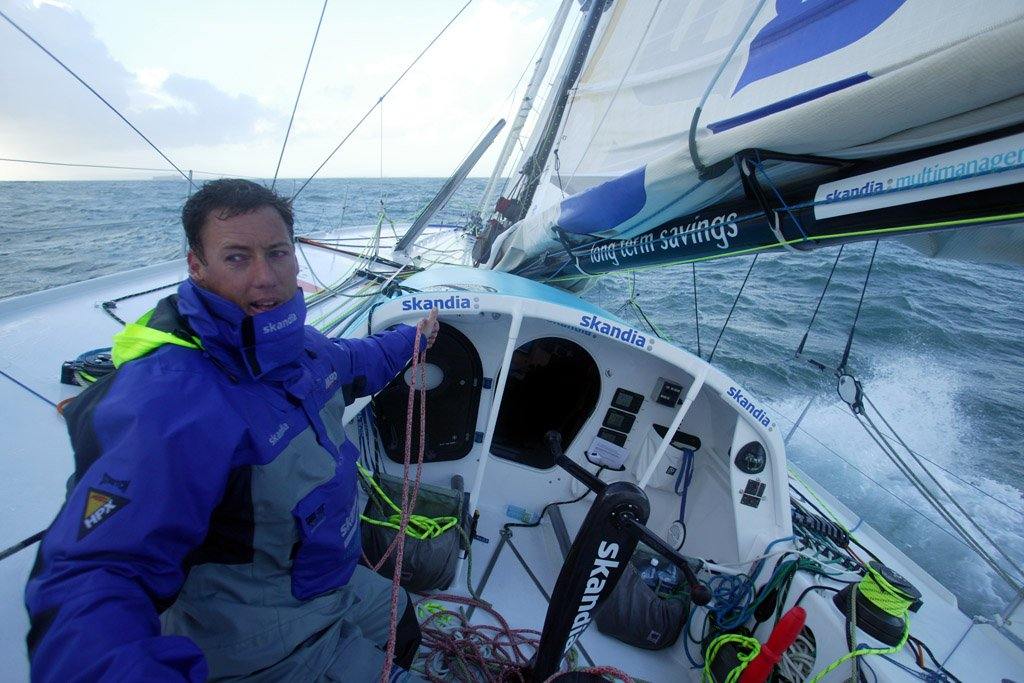
THE IMPORTANCE OF TIME OFFSHORE by Nick Moloney
We asked Nick Moloney, Delma Ambassador and true ocean adventurer about the importance of time offshore. Throughout the course of his unparalleled career Nick has broken 15 international sailing records and circumnavigated the globe three times. As a participant in the Volvo Ocean Race and the Vendée Globe, recipient of the Trophée Jules Verne, among other incredible achievements, he knows why a reliable watch is critical.
Turn off your phone as there is simply no signal. Stow your wallet as your money has no value where we are headed. Cast off the dock lines and set a course for the horizon into a world like no other; sailing the broader ocean expanse, into a world of beauty, nature, adventure and vulnerability, a place where rhythm, motion and relentlessness never ceases.
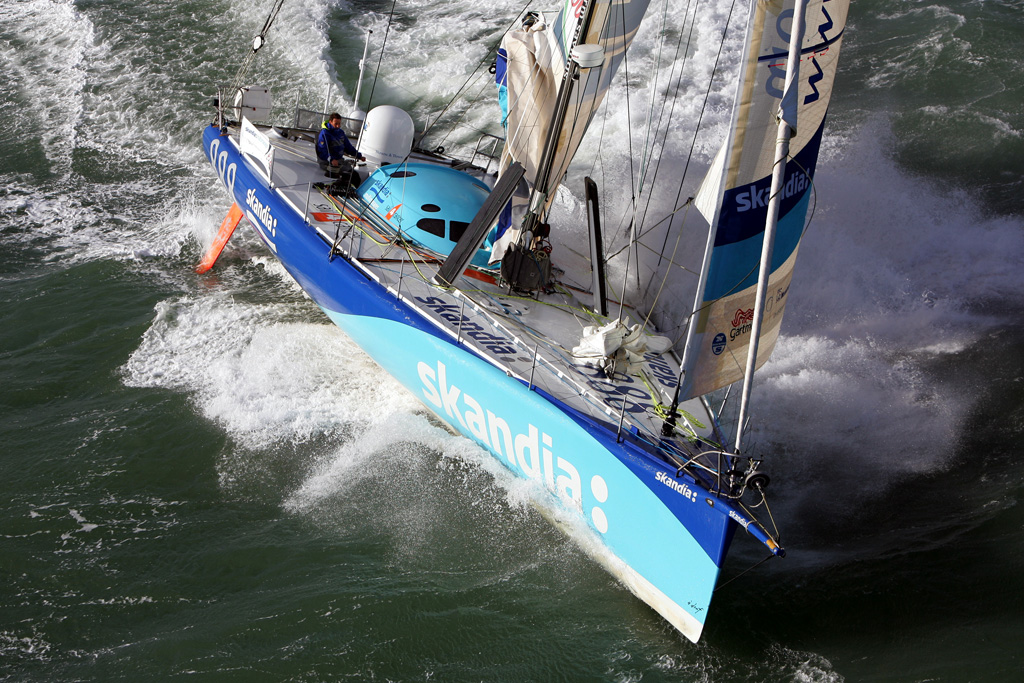
At sea the most significant references you have are weather, the seaworthiness of your vessel, your physical and mental health, and TIME. Never in any adventurous environment that I have previously embraced has the reference to time had such significance.
I have had years where I have literally spent more time at sea than on land. A familiar place to me where I feel most at peace and in control of my own being. As a person who embraces vulnerability and unpredictability, the strongest emphasis I place on my own safety and performance is time management.
The majority of my 30 plus years of offshore experiences have either been competing in the world’s most challenging and elite races, trying to break a world sailing speed record or training myself to be ready for either challenge. From the moment I commit emotionally to an adventure project, or to a particular race, the timeline to execution begins to shrink.
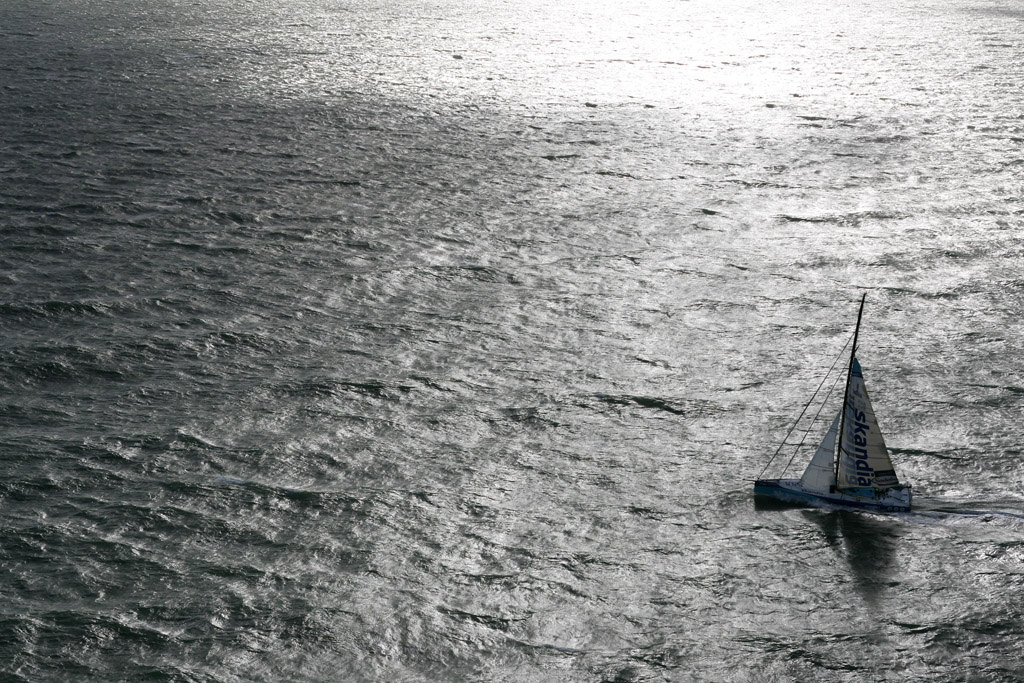
In racing or record breaking you are simply trying to complete a course faster than either your opponent or faster that anyone in history therefore you are chained to the seconds, minutes, hours or days that make up the parameters of your goal. In offshore challenges you are working with timeframes that extend the personal management thresholds of any human, most notedly basic human functions most heavily effected by lack of energy and sleep deprivation.
Time management onboard a boat is your most vital tool. Teams are split into shifts in a process we term a ‘watch system’ in order for half the team to rest while the other half push the vessel as close to full potential as possible. There are the performance critical tasks; navigating, weather forecasting, monitoring the competition and staying on top of maintenance and the inevitable breakage. All the while the environment is continually changing, winds increasing and decreasing in speed, altering direction calling for continual sail changes.
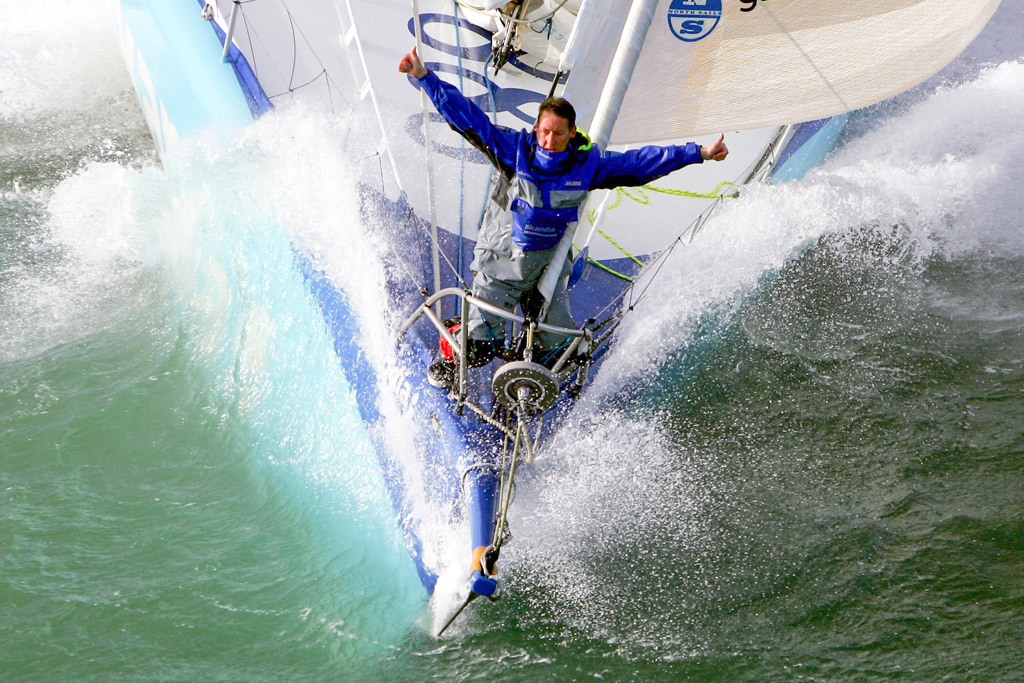
Our world is incredibly unpredictable and at full function 24 hours per day so our lives are based around ‘preparing for the worst and hoping for the best’. Rosters are established to best manage time against the worst case scenario, weather forecast schedules are met, shifts are structured around what knowledge we have based on time, food is planned around time lines and our main management parameters are set.
It is simple, those who best manage time against the main human and performance resources at sea will have a clear performance advantage and the best chance to succeed.
As my life has been so intensely driven by the hammering of a second hand, I am hard wired to acknowledge and respond to a life that is prioritized by time and the absolute best utilization of it. Time has become my partner, my most respected reference, a measure that has allowed me to achieve great success yet is also my greatest nemesis.
Nick Moloney is also the Author of ‘Chasing the Dawn’ an autobiographical account of the Jules Verne Record and his autobiography ‘Sea of Dreams’.

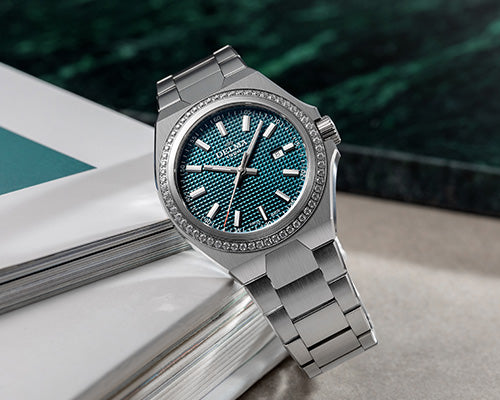
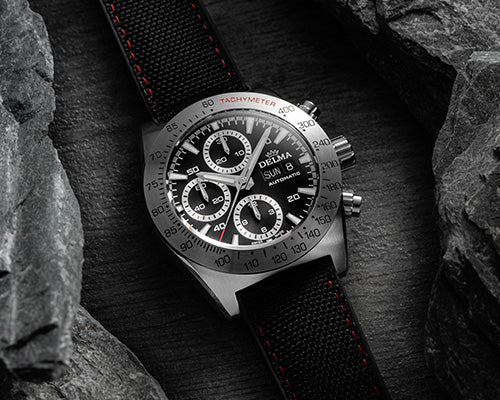
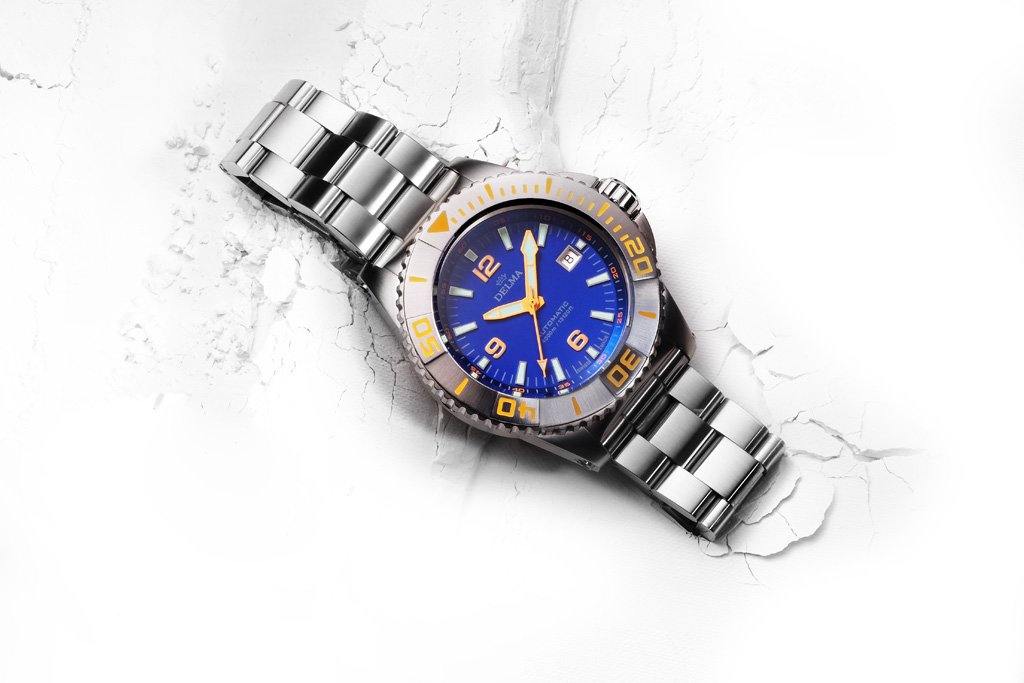
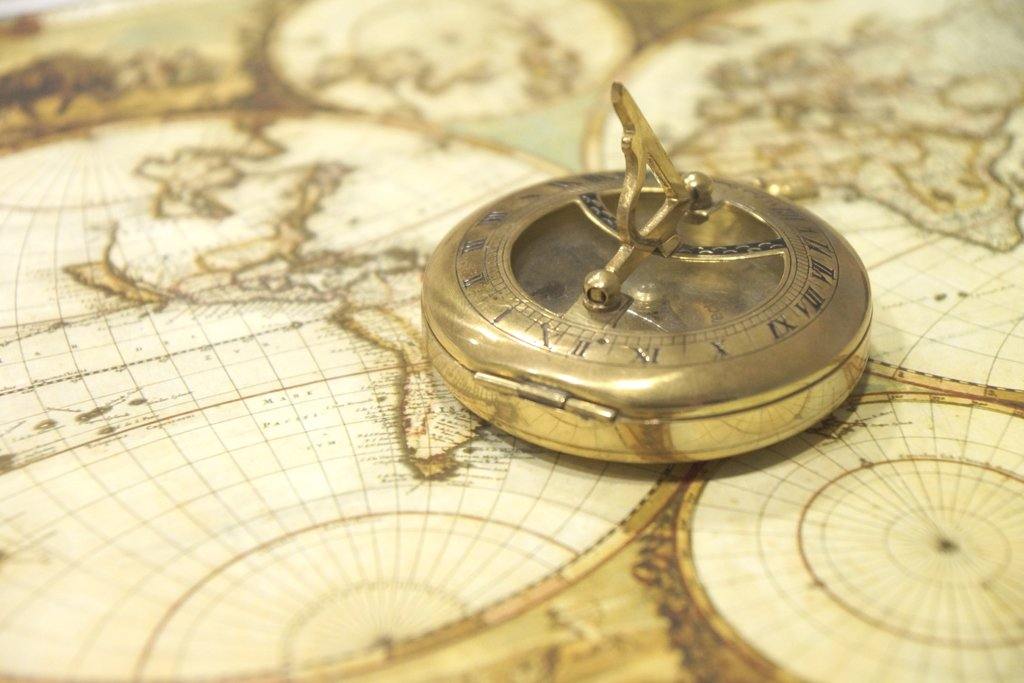
Laisser un commentaire
Ce site est protégé par hCaptcha, et la Politique de confidentialité et les Conditions de service de hCaptcha s’appliquent.